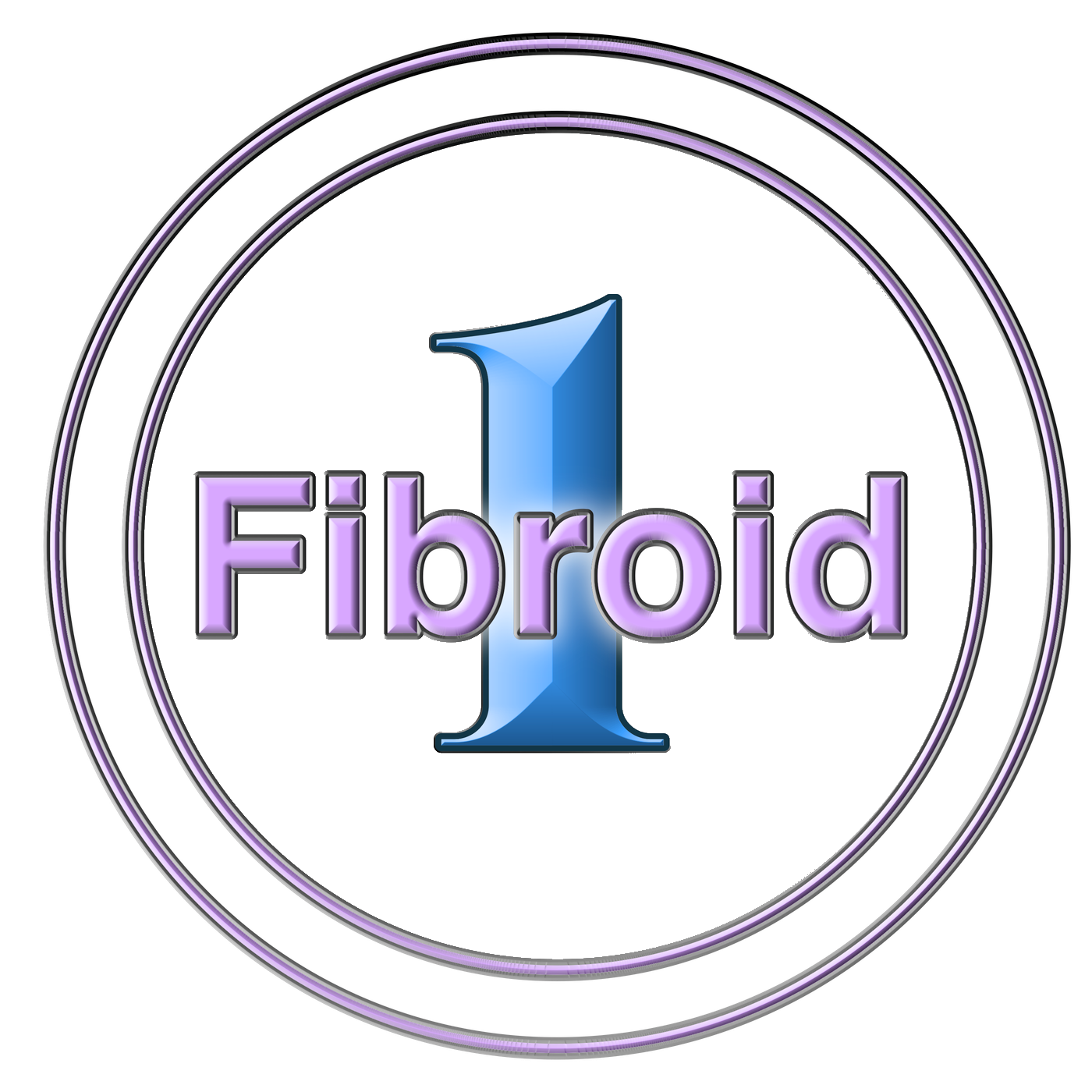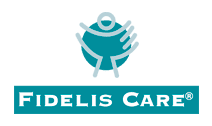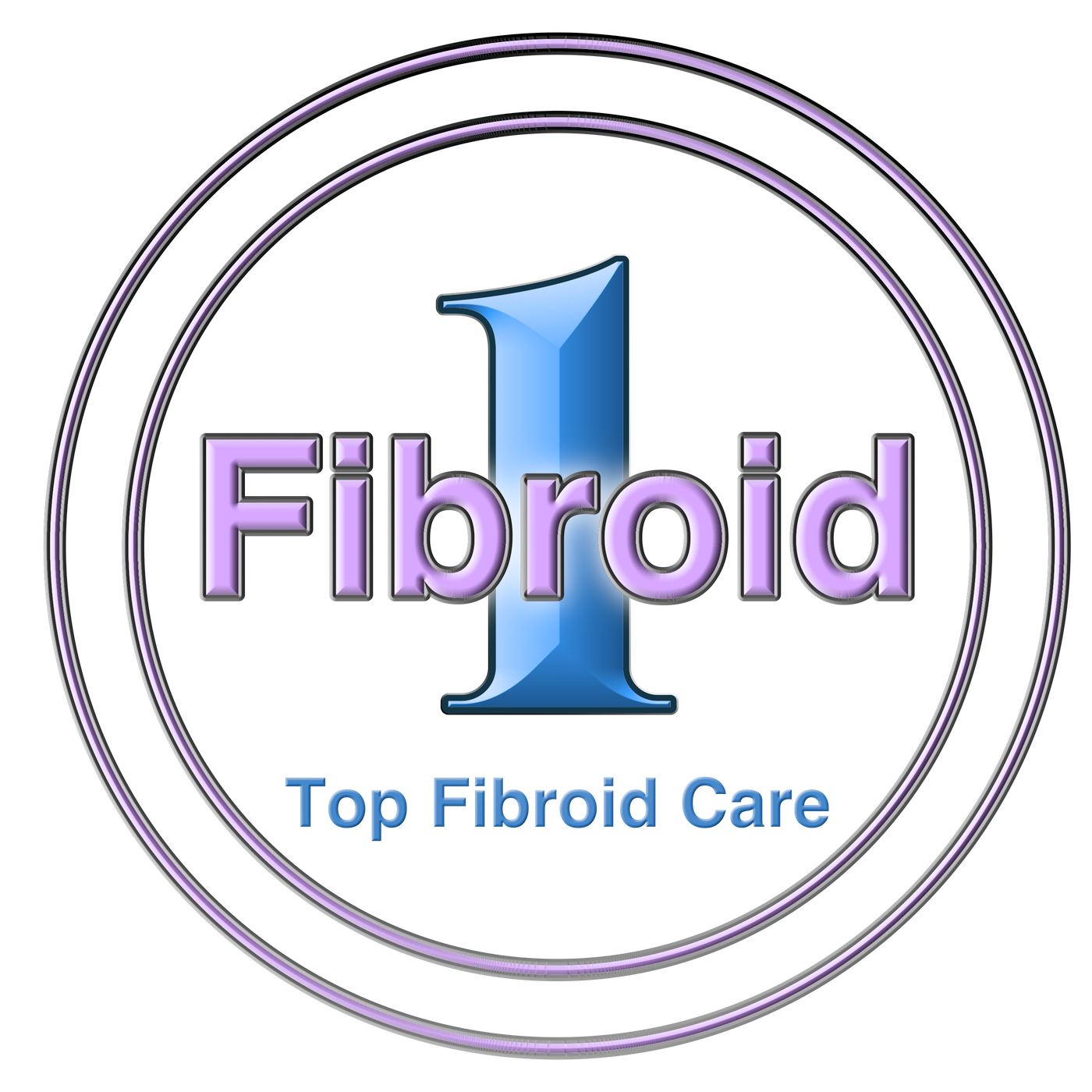Nearly 70% of all women will develop uterine fibroids at some point in their lives. While generally harmless and free from symptoms, these non-cancerous growths can compromise the quality of life. Symptoms of uterine fibroids include heavy bleeding, cramping, difficulty urinating, stomach bloat, and lower back and leg pain. If you’re among the women who experience these symptoms, you can take steps to address your fibroid pain.
Take Control Of Your Fibroid Pain With These Tips
It’s well known that healthy eating can help improve just about every aspect of our health. This remains true in cases of uterine fibroids. The right diet can lower your risk of developing fibroids and improve the likelihood they’ll remain small. So the first step to managing your fibroid pain is making some dietary changes.
- Fibroid-Healthy Diets – The first step involves swapping out processed foods for more fruits and vegetables. Cabbage, broccoli, apples, tomatoes, and other healthy choices can reduce the appearance of fibroids. You should also avoid eating baked goods, red meat, white flower, and snacks, including potato chips and sugary snacks. High sugar content has been shown to be a significant contributor to the development of uterine fibroids. Caffeine and alcohol can contribute to the development of anemia.
- Exercise More – While we may be tired of hearing this advice, it’s nevertheless true. Exercising and eating right are both essential parts of ensuring that your body is functioning at its best. Exercising an hour each day, even if it’s just walking, can reduce the risk of fibroid formation and reduce blood pressure.
- Control Your Stress – It’s simple to suggest this as a tip. However, making it a part of your life can be a much different ballgame. Regardless, studies have shown that stress can be a contributor to fibroid growth. If possible, consider getting a massage, trying yoga, spending some time with a heating pad, and getting outdoors to clear your head.
- Quit Smoking – You knew this one was coming. Smoking has been shown to have a dramatic impact on our overall health. Unfortunately, it’s also been shown to contribute to the pain symptoms associated with fibroids. This is a result of the reduced oxygen getting to your pelvic area.
Making changes like these to your lifestyle can be truly challenging, but the rewards will be worth it. Each stage along your journey to healthy living can help you avoid the development and growth of fibroids. By doing so, you reduce their ability to cause you pain and produce other symptoms.
Know When To Approach Your Fibroid Specialist
If you’ve been struggling with heavy bleeding during menstruation, it’s time to reach out to your specialist. While bleeding is a core part of the process, those with heavy bleeding are at risk of other health concerns. In severe cases, anemia resulting from heavy menstruation can be life-threatening. If the bleeding is severe enough, your body may not be able to replace red blood cells at the rate they are lost. Thankfully, your fibroid specialist may have options to manage your pain and even stop or reduce your heavy bleeding.












